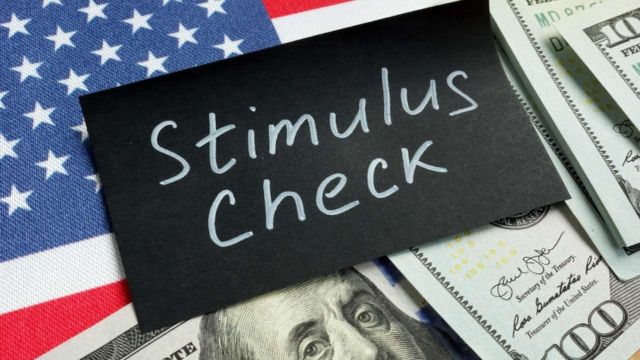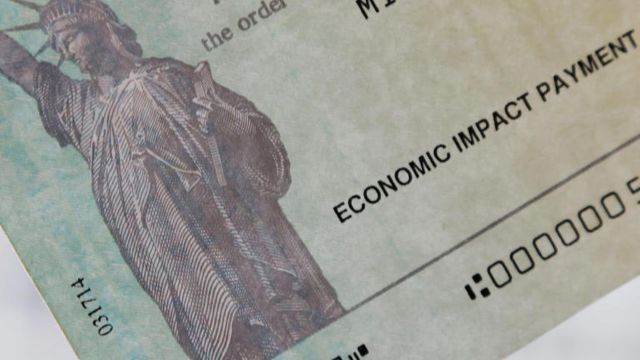In today’s fast-paced digital landscape, misinformation can spread like wildfire, often exploiting topics of widespread interest to confuse or mislead the public. Recently, a viral Facebook post falsely claiming the approval of a $1,000 unconditional stimulus payment for all U.S. residents has drawn significant attention. The post, which gained traction in early December, has now been debunked as entirely fabricated.
The Viral Claim
The post, published on December 3, featured a video asserting that “all U.S. residents are eligible to receive a substantial payment from the government” ahead of Donald Trump allegedly resuming office as president. The video’s speaker claimed that an unconditional $1,000 stimulus payment had been rushed for approval as an effort to “jump-start the economy immediately.”
This claim was paired with a call to action, urging viewers to click on a link directing them to a non-governmental page. Users were then prompted to complete a survey to “claim the money,” a tactic often associated with phishing or fraudulent schemes.
Rapid Spread on Social Media
Using emotionally charged language and promises of financial relief, the post leveraged social media’s viral nature to gain traction. Within two weeks, it had been shared at least 200 times on Facebook alone, raising concerns about the dissemination of misinformation.
The Reality Behind the Claim
Contrary to the video’s assertions, there is no truth to the claim of a $1,000 stimulus payment for U.S. residents. A fact-check by credible sources has confirmed that Congress has not approved any such stimulus payments since March 2021, when direct aid was provided during the COVID-19 pandemic. Neither the U.S. Treasury Department nor the Internal Revenue Service (IRS) has announced or endorsed such a payment.

The misleading post highlights a broader trend in which false claims are crafted to exploit financial anxieties and political narratives, further eroding public trust. By linking the supposed payment to an official-sounding narrative, the hoax creator manipulated viewers into engaging with the content, potentially compromising their personal information through the fraudulent survey.
Combating Misinformation
While the Internet facilitates the rapid spread of misinformation, it also provides tools to combat it. Social media platforms, independent fact-checkers, and vigilant users play a crucial role in identifying and debunking false claims. In this case, the post has been flagged as misinformation on Facebook, helping to curb its reach.
It is essential for users to verify the authenticity of claims, particularly those involving government policies or financial benefits. Checking official government websites, such as those of the IRS or the Treasury Department, can help individuals discern fact from fiction.
A Call for Digital Literacy
This incident underscores the importance of digital literacy in navigating today’s information-rich environment. Social media users should remain skeptical of sensational claims, especially those requiring personal engagement, and take steps to verify information before sharing it.
As misinformation continues to proliferate, individuals must act as gatekeepers of truth. By critically evaluating content and relying on credible sources, we can collectively work to reduce the impact of false narratives and maintain the integrity of public discourse.
In this case, the viral post claiming a $1,000 stimulus payment serves as a stark reminder that not all information circulating online can be trusted. Users are urged to remain vigilant and informed to avoid falling victim to similar hoaxes in the future.

